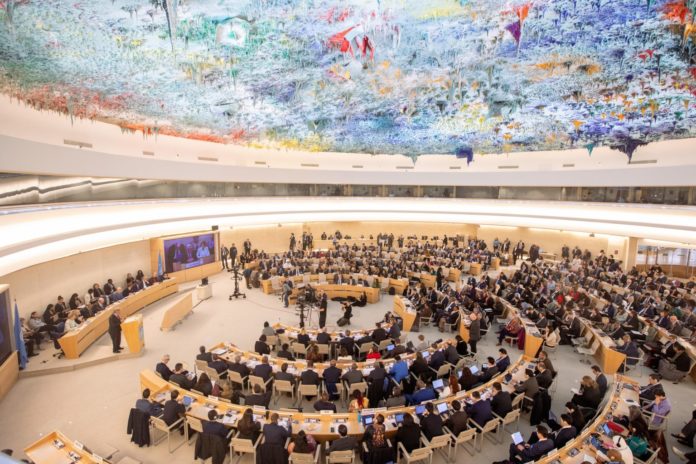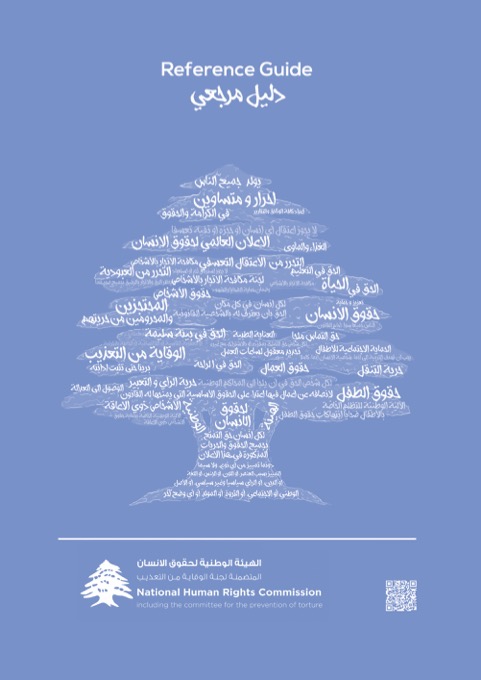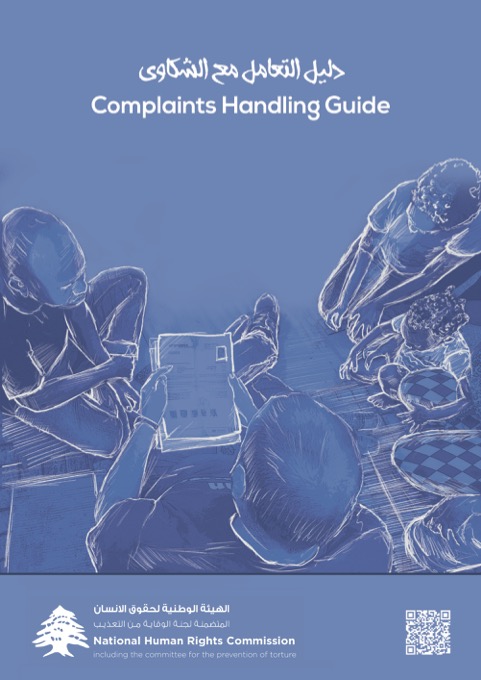هذه المقالة متاحة أيضًا بـ: العربية (Arabic)
Working in close cooperation with people with disabilities and their representative organisations to advocate for the fulfillment of the provisions of the Convention on the Rights of Persons with Disabilities (CRPD) is a vital role of national human rights institutions (NHRIs), a UN Human Rights Council resolution said.
Resolution 57/23, led by Australia and Timor Leste and adopted by consensus at the Council’s 57th session, also emphasised the essential contribution of persons with disabilities, through their representative organisations, in the design of laws, regulations, policies and programmes to promote, protect and monitor obligations under the Convention.
NHRIs contribute to achieving the aims of the Convention by using their mandates for monitoring, reporting, advising, complaint handling and education to promote and protect the rights of persons with disabilities.
Article 33(2) of the Convention requires States parties to establish an independent national monitoring mechanism “to promote, protect and monitor implementation” of the Convention.
While Paris Principles-compliant NHRIs in some countries have been designated as national monitoring mechanisms, the resolution encourages all States parties to the Convention “to consider designating or including national human rights institutions as part of one or more independent monitoring mechanisms”.
The resolution further highlighted “the importance of the representation of women with disabilities in the leadership of both independent monitoring frameworks and national human rights institutions”.
During the 57th session of the Human Rights Council, GANHRI hosted a side event where representatives from the NHRIs of Australia, Canada, Ethiopia and Germany shared their approaches and priorities for advancing the rights of persons with disabilities.
The resolution encouraged NHRIs to continue to exchange best practices in relation to different aspects of their work, including with “persons with disabilities and their representative organizations, Indigenous Peoples, persons belonging to minorities, minority groups and persons in vulnerable situations.”
With world leaders now past the halfway point in their collective efforts to deliver the Sustainable Development Goals by 2030, the resolution highlighted the role of NHRIs to support “the establishment and maintenance of inclusive societies” and, in doing so, to contribute to the implementation of the 2030 Agenda”.
Further, the existence of a Paris Principles-compliant NHRI is a global indicator of progress towards achieving SDG 16. However, currently less than half of all UN Member States – 90 of 193 – have established Paris Principles-compliant NHRIs. Accelerated progress is needed to guarantee that all States meet the NHRI indicator by 2030, the resolution noted.
The Human Rights Council resolution encourages all relevant UN mechanisms – including the Economic and Social Council, the Commission on the Status of Women, and the Conference of States Parties to the Convention on the Rights of Persons with Disabilities, among others – to further enhance the participation of Paris Principles-compliant NHRIs in their work and highlights the important contribution of NHRIs in following-up on recommendations made by UN mechanism and processes.
The resolution also calls on the United Nations to dedicate adequate resources to support GANHRI’s accreditation process through the work of its Sub Committee on Accreditation, including by providing for interpretation and translation.
The resolution further states that NHRIs should be well-resourced, and not face reprisals or intimidation for undertaking work in accordance with their mandate. It calls on States to “promptly and thoroughly investigate cases of alleged reprisal or intimidation against members or staff of national human rights institutions or against individuals who cooperate or seek to cooperate with them and to bring perpetrators to justice”.
National monitoring mechanisms for review, implementation and follow-up
The Human Rights Council also adopted resolution 57/32 on technical cooperation in the field of human rights, focusing on the roles of NHRIs and national monitoring mechanisms for review, implementation and follow-up (NMRIF), to support States meet their human right obligations.
The resolution calls on OHCHR to draft a report and then organise a panel during next year’s Human Rights Council session on the role of technical cooperation and capacity building on the strengthening of NHRIs and NMIRF and in promoting the distinct, yet complementary, roles of both NHRIs and NMRIFs. The resolution was introduced by Thailand, also on behalf of Brazil, Honduras, Indonesia, Morocco, Norway, Qatar, Singapore and Türkiye, and adopted by consensus.
“States have the responsibility to respect, protect and fulfil human rights, and must therefore take positive steps towards effective implementation. This requires a whole-of-society approach, which includes clear processes for the inclusive, meaningful and active participation of all national stakeholders, strong coordination among actors and institutions, as well as a safe and enabling environment where independent accountability mechanisms can track progress, address violations and hold duty-bearers to account” said GANHRI Chairperson Maryam Al-Attiyah.
“NHRIs have a unique and distinct role and contributions to offer, due to their broad human rights mandate and functions, including advising, reporting on and monitoring the implementation of obligations at national and local levels, and engaging in that process with the State, civil society, the legislative and other actors and institutions. By sharing experiences and identifying good practice among our members, GANHRI will continue to support NHRIs in this critical and essential role”.
GANHRI has been conducting research into the experiences of its members with NMRIFs, and will participate in discussions on the roles of NHRIs and NMRIFs in supporting implementation of human rights obligations during this week’s high-level Glion Dialogue in Marrakech.


